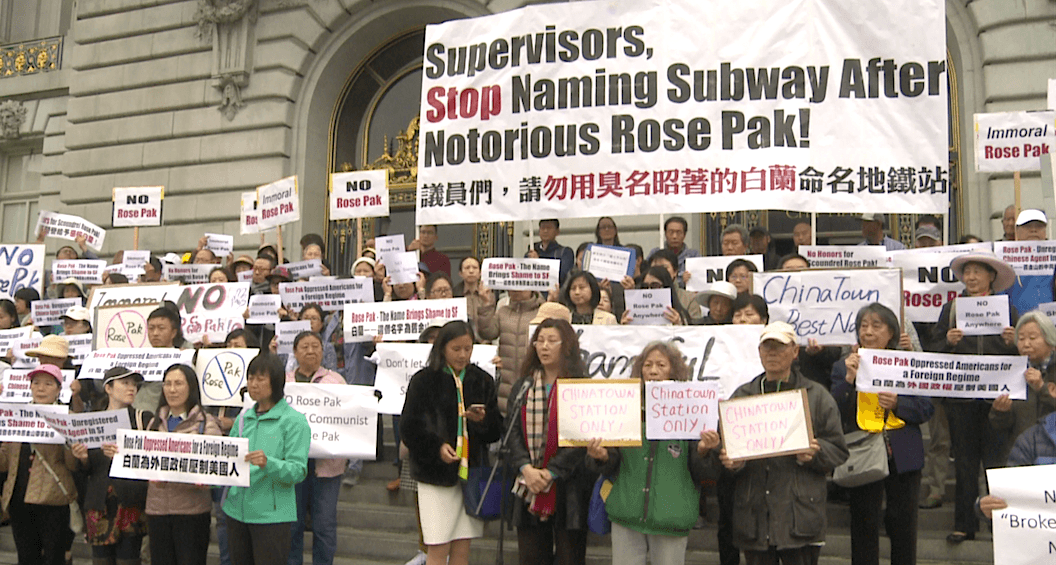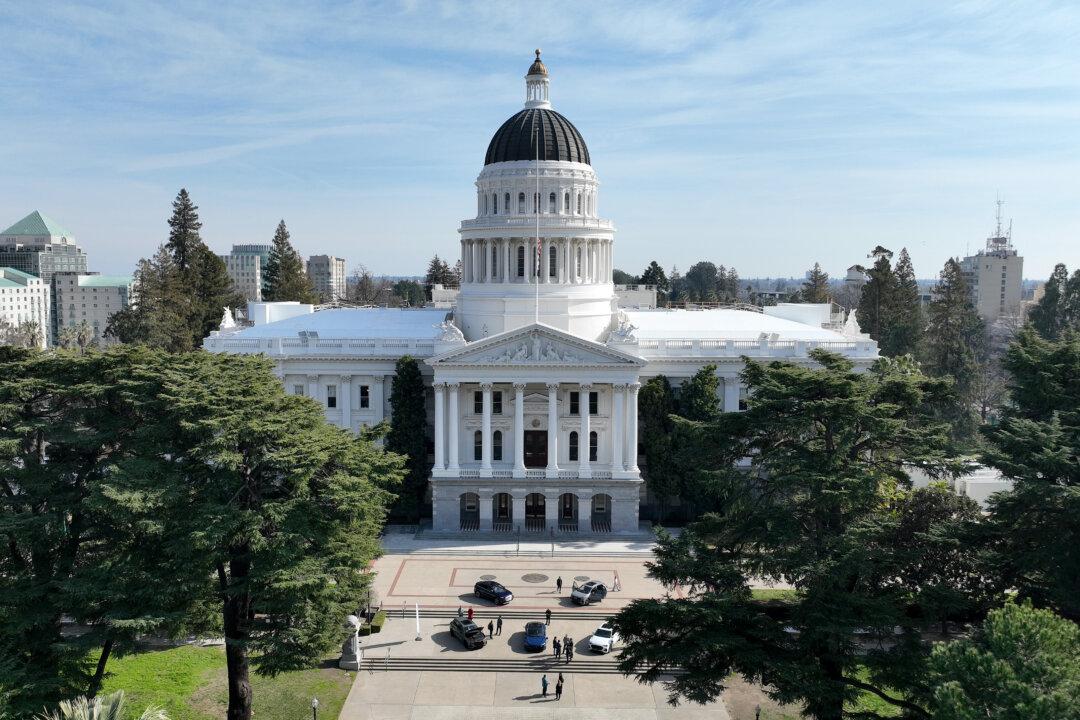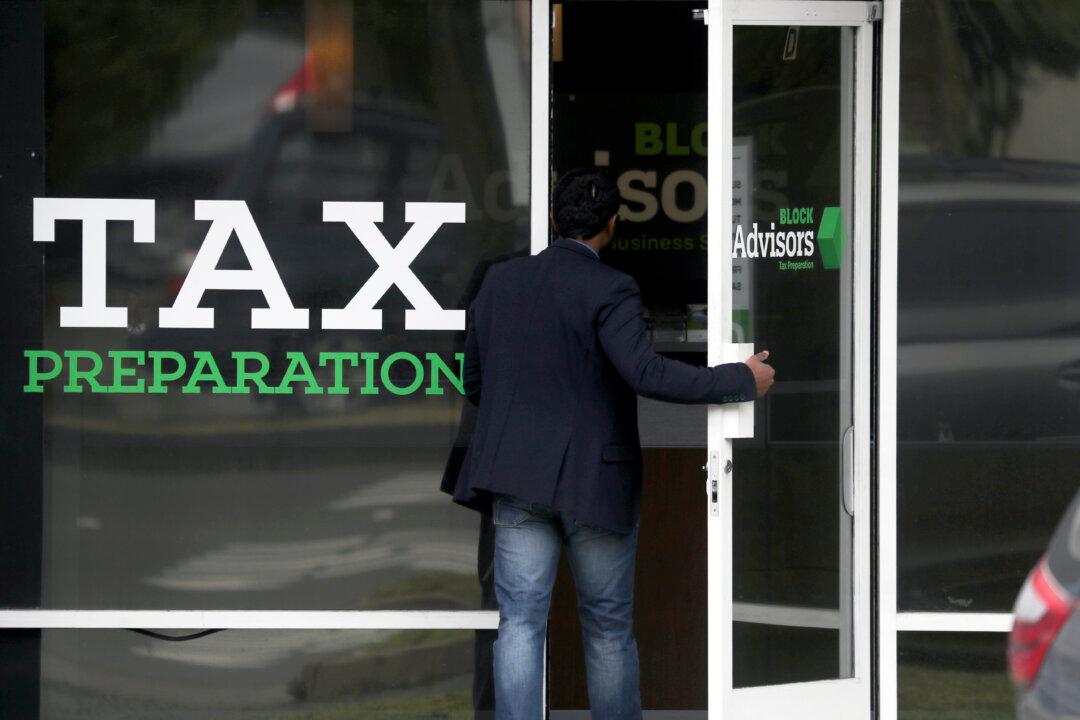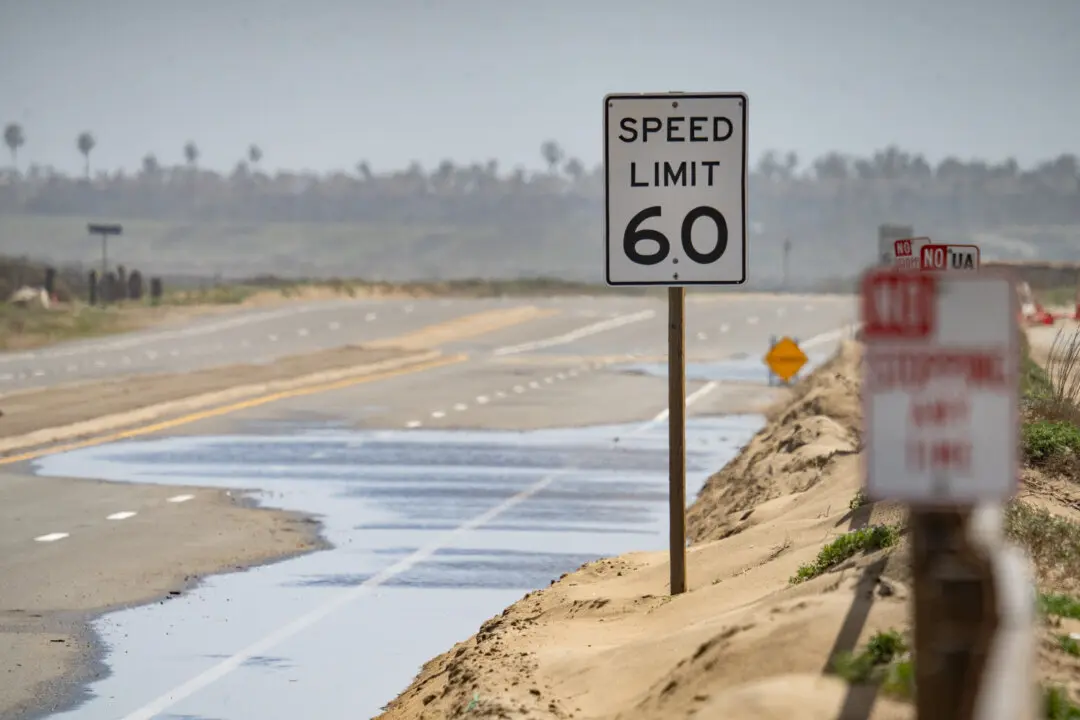The San Francisco Board of Supervisors and the San Francisco Municipal Transportation Agency’s (SFMTA) continuous push for naming the new Chinatown subway station after the late Rose Pak has recently garnered the attention of the Human Rights Law Foundation (HRLF) and multiple scholars and China experts.
HRLF is a nonprofit organization “established to deter human rights abuses, develop human rights legal standards, and educate the public on the cultural forms and institutions that undergird the practice of persecutory campaigns,” its website states.





